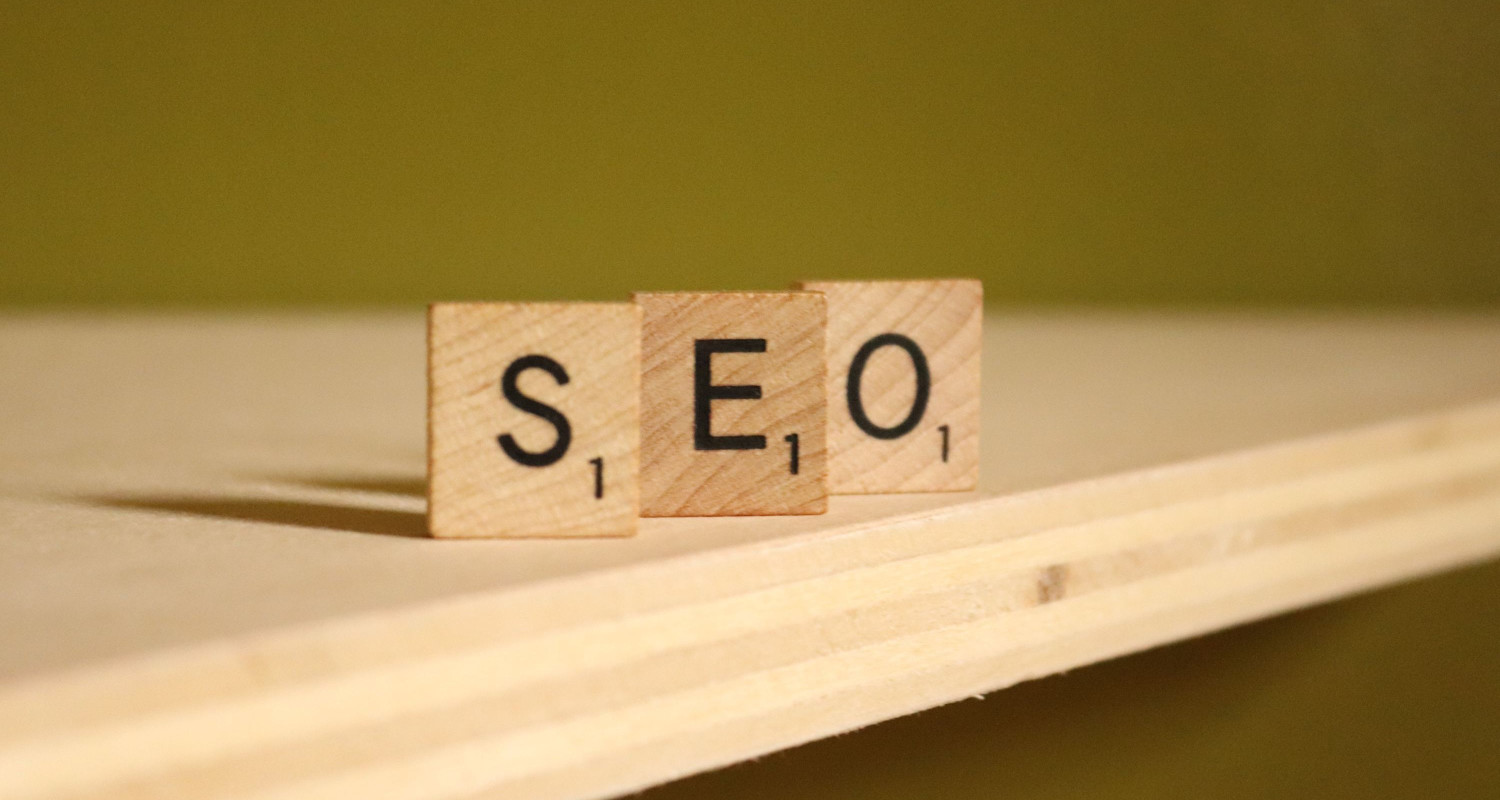Search Engine Optimization is an essential tool for digital marketing. As a new business, you always want to increase your market share and visibility. SEO is a handy way of increasing organic traffic and the volume of orders. Organic traffic has a higher probability of repeat orders and online purchases.
SEO results in improving the web ranking of your company/website. Google provides suggestions to the users based on keywords. SEO helps recognize relevant keywords and also find out profitable keywords. This can increase a business’s revenue and Pay-per-click (PPC) profits. All you have to do is understand the keywords and the web statistics and optimize digital marketing.
This article will give you an answer to the question: Why should I learn SEO? Continue reading to learn how to use SEO from scratch and improve your business revenue and profit.
Why should I learn SEO?
SEO engineers in new/small firms can perform more work than big companies. A Web Optimization/SEO engineer can supervise how a website is performing by looking at analytics. They understand the information, report it to the company, and suggest changes. This process results in the overall improvement of the business’s web presence.
Improve Search Ranking and Organic Traffic
One of the main reasons to learn SEO is to manage your brand’s online visibility. SEO can help to identify the target audience and research competitors. When your business ranks higher in search results, customers are more attracted to the brand. One of the SEO goals is to improve website visitors’ experience. A good user interface and content can increase your brand’s reputation and credibility.
Being Better than Competition
SEO is not just about visibility; it also makes your website stand out. A good design makes your website more attractive and reliable. Thus, it helps bring new orders and gain the customers’ trust.
A brand that doesn’t ask Why I should learn SEO will probably need more brand loyalty.
SEO is Cost Effective (Long Run)
Unlike paid advertising, SEO delivers organic, long-lasting results. The eventual returns are more than the initial investments required. SEO takes time to be effective and generate consistent and organic traffic.
SEO: Useful for All
Search Engine Optimization is a technique suitable for all kinds of businesses. Market share and web presence are essential for small and established businesses. Growing businesses can use SEO and be the top recommendation on Google. They can adapt quickly to changes as compared to established businesses.
They can make relevant changes faster than established companies. Startups can use SEO and save money spent on external marketing.
Why Should I Learn SEO: How to Guide?
Here’s a step-by-step guide on how to start learning SEO.
1. Find Effective Keywords
Keyword research is as easy as choosing relevant words and phrases for your business. Think about which words will get people to do what you want them most, and focus on those words.
For example, if you are selling organic flavors of honey, you can analyze keywords like ‘organic’, ‘healthy honey,’ ‘flavored honey,’ etc.
You can think of all the relevant keywords and put them in a spreadsheet. This way, you can keep track of relevant keywords. Keep track of the most effective keywords using SEO analyzing tools like Semrush, ahrefs, etc.
2. Put keywords in the page title.
After choosing the keywords, think about practical ways and forms to implement them. Firstly, choose a name/title for the page.
Page title is one of the most important factors that Google and other search engines use to analyze the content of a web page. It is the result at the top of the website viewed on the search engine page (SERP).
Put the most effective keyword in the title. It is recommended to keep the number of characters less than 65. Remember that your name is part of the character count of your website name.
3. Use Keywords in the page URL
Google and most other search engines use the text of the page URL to analyze the web page’s content. Try to be more creative and descriptive.
4. Use Keywords in Meta Description
The ‘Meta’ description also tells search engines and users what the page is about.
‘Meta’ description information is essential, although more critical than it used to be. It is recommended to optimize keywords or phrases. Descriptions should be clear and valuable, and keywords should focus on relevant topics or sentences. It is recommended to make it shorter.
5. Use keywords in the page’s content
Using keywords in the website’s content is integral to your on-page SEO strategy. Because doing this tells the search engine that the page is relevant to the keyword and should appear in the search, you should use points from 4-6 times to 10-12 times. Writing is usually recommended, but avoid using black hats like stuffed-keywords.
6. Building Links to the Website
Once you signal relevancy to search engines via your keywords, it’s time to start ‘building inbound links’ to your website from authoritative sites in your industry or niche.
This is one of the most essential SEO steps you have to take. The quality and quantity of links pointing to the website are quite important to Google and the search engines to evaluate the website’s rank on different terms.
If people are linking to your website, it is better for the website and makes it trustworthy. It is recommended to externally link to relevant websites that show that keyword’s relevance.
7. Monitor Web Rank
The last step is to analyze the results. After a week or a month (search engines need time to work), check rankings and track your progress. This will show the results.
If you are new to SEO, you can check this ranking by searching your keywords on Google. Using Google Search Console to check the rankings for free is also recommended. Since GSC may be restricted in some areas, you can upgrade to an SEO monitor to stay on top of the most essential content and continue to come up with ideas to improve your performance.
Similarly, you should pay attention to your Google PageRank. Google uses your Page Rank to measure the “importance” of your site on the web. Having a higher page rank means you’re more likely to be the top result for the search term. Use free tools like ‘Check Page Rank’ to get an estimate.
See Also: What is the Difference Between On-page and Off-page SEO
Popular SEO tools are: –
- Semrush
- Google Search Console
- ahrefs
- MOZ
- KWFinder
- Clearscope
- Surfer SEO
- SE Ranking
See Also: 8 Deadly Sins of Search Engine Optimization
FAQs
What is the most important thing in SEO?
Find the right keyword and use it correctly with the website.
What is the primary purpose of SEO?
SEO aims to increase the website rank so that the organic traffic increases.
What are SEO keywords?
Keywords are the relevant words that describe the website or the product. These words are most important for the business and provide helpful information.
What are SEO types?
There are two types of SEO. On-page SEO The content on the webpage generally refers to on-page SEO. Off-page SEO Any optimization done off the website is under off-page SEO.
See Also: Best SEO Tools for Small Businesses:15 Best in 2024
Conclusion
SEO is a technique that has helped many businesses to optimize and sustain growth. This article summarizes the question: Why should I learn SEO? There is more to learn about SEO and how to use SEO tools. Using SEO Tools and optimizing them to the business’s advantage can substantially increase the revenue.
See Also: 7 DIY SEO Software Tools & Tips for How to Use Them




